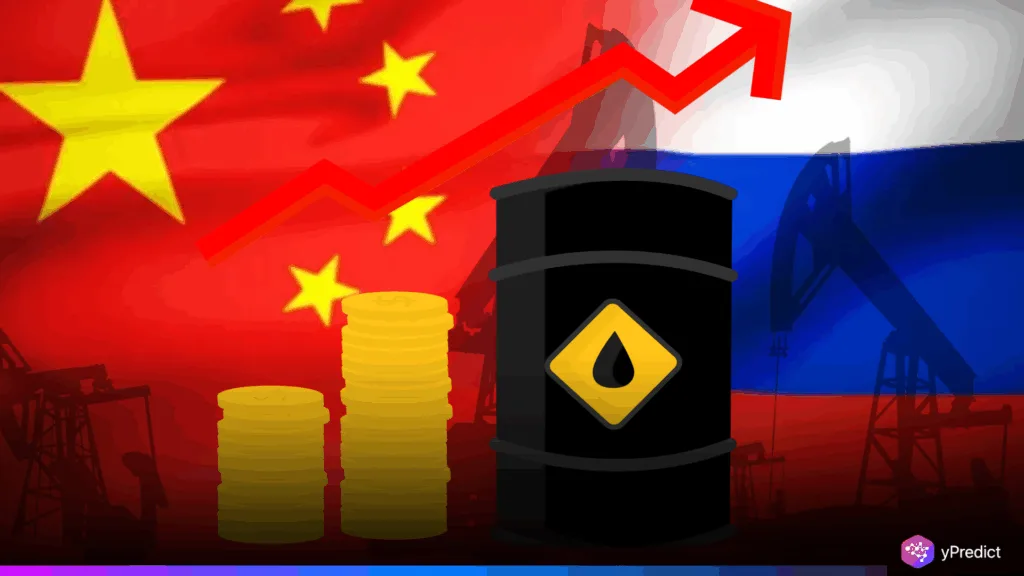
China reaffirmed its stance on oil tariffs amid growing US pressure and denied threats regarding its imports of Russian oil. The incident occurs in Stockholm as Chinese Vice Premier He Lifeng and US Treasury Secretary Scott Bessent conclude two days of intense talks regarding trade tension.
Furthermore, the United States threatens harsh tariffs of up to 100% if Beijing keeps importing sanctioned oil. Nonetheless, China’s declaration of its sovereign right to purchase energy indicated a strong position on upcoming trade decisions.
Beijing Pushes Back on Oil Tariff Pressure
The US warned that new legislation could subject countries, including China, that purchase Russian oil to tariffs of up to 500%. President Trump is in favor of this action, which aims to reduce Russia’s oil revenue and deplete its war funding. However, as part of their national policy, Chinese officials made it clear during the negotiations that they would continue to buy energy.
Beijing maintained that it would not cede its control over energy sources, despite Washington’s reservations. One official declared, “We will not let foreign threats restrict our choices.” China imports about two million barrels of Russian oil every day.
Bessent added that the US was upset with China for allegedly selling Russia weapons-convertible dual-use items. He claimed that these deals were worsening wider trade tensions with the West and harming China’s reputation in Europe. Nevertheless, China remained unconvinced, highlighting its autonomy in trade.
Global Markets Brace for Prolonged Trade Tensions
The US-China relationship’s future remains uncertain despite the parties’ agreement to resume talks in Stockholm on August 12. US Trade Representative Jamison Greer stated that Trump would be consulted before a future tariff truce was decided. Meanwhile, to preserve trade stability and collaboration, Chinese officials called for an extension of the current agreement.
However, Trump has declined to meet with Chinese President Xi Jinping until he is formally invited. He declined the invitation from the Taiwanese president to visit New York, which is indicative of deteriorating diplomatic relations. Consequently, many people are curious as to whether oil tariffs will be given priority.
Will Oil Tariffs Reshape China-Russia-US Trade Relations?
China’s forceful response demonstrates how it puts its energy policy ahead of outside political pressures. Beijing seems willing to take the economic consequences to support its assertions. However, the United States is using secondary sanctions and oil tariffs to put more pressure on Russia. Additionally, forex traders are getting ready for possible shifts in the world’s oil flows.
Russia has stated unequivocally that it will not change its energy strategy in reaction to external pressure. China also appears willing to pay a price to maintain its independence in sourcing its energy from strategic partners. The global market is closely watching Washington for any major shifts as it weighs its options. Therefore, the August negotiations will focus on figuring out whether diplomacy can prevent new tariffs from disrupting supply chains.







